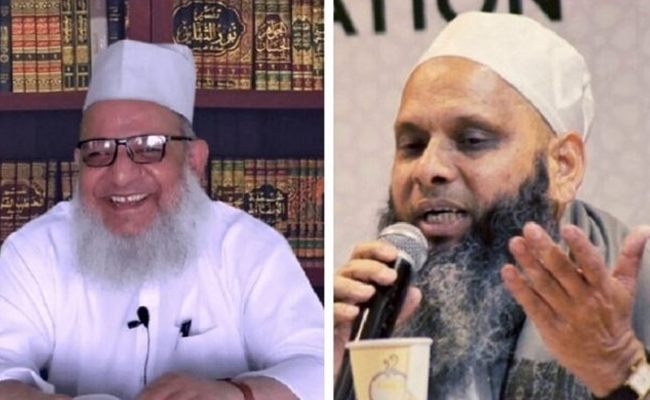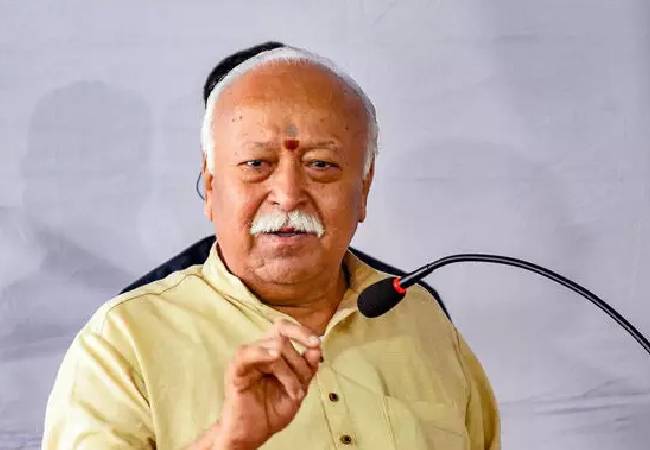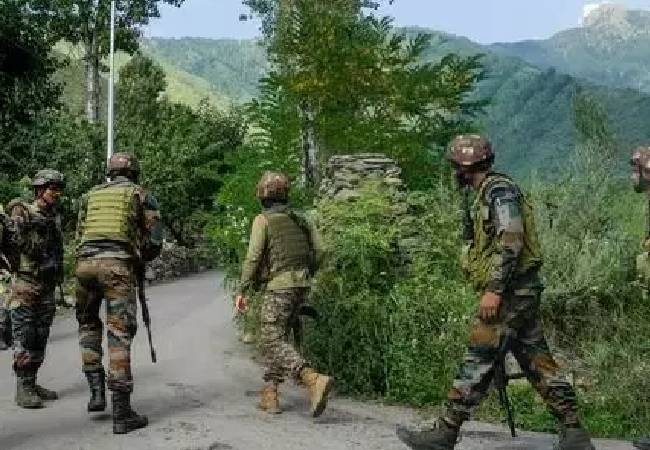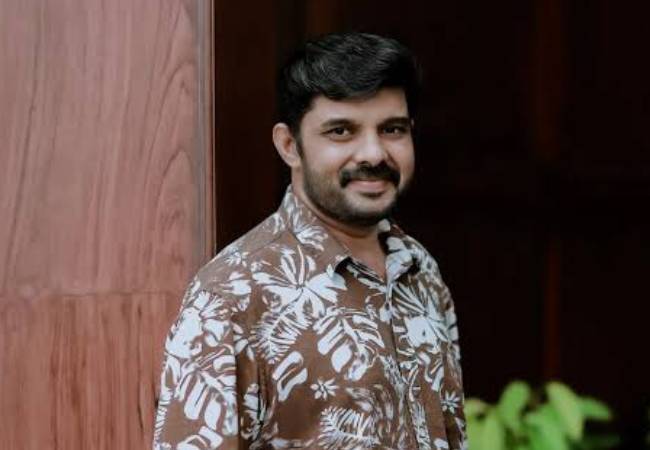New Delhi: Jamaat-e-Islami Hind (JIH) president Syed Sadatullah Hussaini and the Students Islamic Organisation of India (SIO) have strongly condemned the life sentences awarded to Islamic preachers Maulana Kaleem Siddiqui and Maulana Umar Gautam, along with 14 others, by a special NIA-ATS court in Uttar Pradesh for alleged illegal religious conversion activities.
Hussaini, in a press statement, called the charges of terrorism, criminal conspiracy, promoting enmity, and plotting offenses against the state "baseless" and warned that the verdict sets a dangerous precedent. He emphasised that no one can be forced to change their religion in a democratic country like India, adding that Islam prohibits such coercion. "Every individual has the constitutional right to choose, practice, and propagate the religion of their choice, a right no authority can take away," he asserted.
Hussaini also criticised the way the case was handled, with sensationalised media reactions and a charged communal atmosphere. "The entire exercise seems designed to create fear, intimidation, and hatred for political mileage," he remarked. He urged justice-loving citizens, organizations, and political parties to stand against this judgment, which he claimed threatens democracy and promotes authoritarianism.
Meanwhile, the SIO, in a separate statement, condemned the judgment, calling it a violation of basic human values and constitutional freedoms. The organization stated that the verdict suppresses the rights to freedom of expression and the freedom to practice and propagate one’s faith. It argued that these actions are part of a broader systematic effort by right-wing forces to undermine spiritual discovery and voluntary freedom of conscience. SIO expressed hope that higher courts would overturn the verdict, which they deemed unconstitutional.
Let the Truth be known. If you read VB and like VB, please be a VB Supporter and Help us deliver the Truth to one and all.
New Delhi (PTI): A shop owner sustained bullet injuries after a group of men opened fire at him in the Nizamuddin area, police said on Saturday.
The incident occurred around 11 pm on Friday after which the injured was rushed to a hospital where he is undergoing treatment, a senior police officer said.
"The shop owner had rented the premises to someone. Around 15 days back, he got the tenant to empty the shop, which might have led to the incident. The matter is being probed," the officer said.


_vb_79.jpeg)


